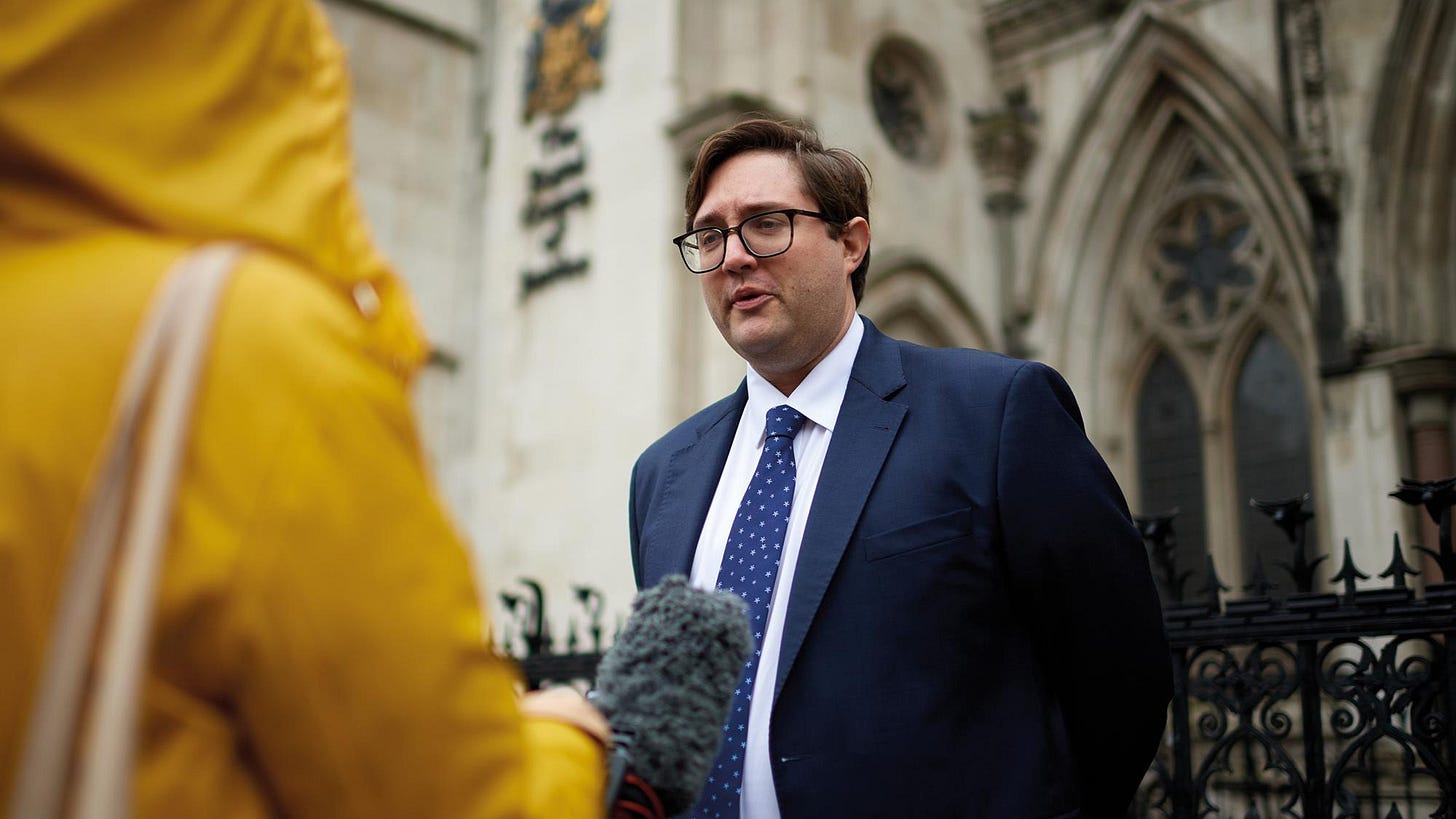'Companies are Miscalculating by not Facing Up to Wrongdoing'
There is a push for organizations to change how they respond in lawsuits
Tom Goodhead (photo above) is bold in what he asserts should be done and is not yet the norm when it comes to how corporations respond to group action lawsuits.
The United Kingdom lawyer, who partnered with United States attorney Harris Pogust to establish their firm, Pogust Goodhead, believes that businesses have a moral and ethical duty to settle compensation claims immediately, rather than engaging in lengthy legal battles, he tells Antonia Garrett Peel, writing at Management Today.
The reality is that too many companies are myopically and disturbingly “shirking this responsibility and making a calculation that involves weighing up what the cost of a settlement would be today, versus in say, seven years time,” Goodhead states.
He details why, for CEOs and CFOs, this is the standard practice.
“They work out the return on the capital they could receive if they deploy that capital into business activities, rather than doing the right thing and paying the victims at the start,” Goodhead says.
“They work out a discount percentage on the basis that victims are going to get bored and they're going to get tired of legal proceedings, and that they might run out of money or that their lawyers might get bored with it.”
That doesn’t come across as high character and it compounds reputation damage to leaders and an organization.
This type of strategic response exploits victims’ emotions, psychology, stress and finances as collateral damage in the pursuit of helping leaders and attorneys work towards an organizationally-favorable and unethical “discount percentage.”
What might not be assumed, Goodhead tells Garrett Peel, is that he considers himself an “advocate for the transformational power of capitalism.”
At the same time, it is important that “companies should do the right thing — and where something goes wrong — the board should take accountability,” he stresses.
In Goodhead’s professional opinion, his recommendation is highly beneficial to companies and therefore, smart business.
“My own belief is that this preserves shareholder value, and actually provides for stronger performance for a company in the long term,” Goodhead says, adding that those that fail to immediately take responsibility for wrongdoing, risk “incalculable reputational damage.”
If what Goodhead claims, that being promptly and fully ethically and financially responsible in group action lawsuits preserves shareholder value and increases business performance levels in the long run, then doing what is contrary to the established practices should be the way forward.
He is absolutely correct however when he says that morally failing to immediately take full responsibility for negative impacts invites severe, shameful and expensive reputation damage. And that is an inarguable form of organizational malpractice to not prevent or mitigate.
Michael Toebe is a specialist for trust, risk, relationship, communications and reputation at Reputation Intelligence - Reputation Quality. He serves individuals and organizations by helping them further build, protect, restore and reconstruct reputation.
Follow Reputation Intelligence on Twitter/ “X”
Follow Reputation Intelligence on the Medium platform for more stories/insights








